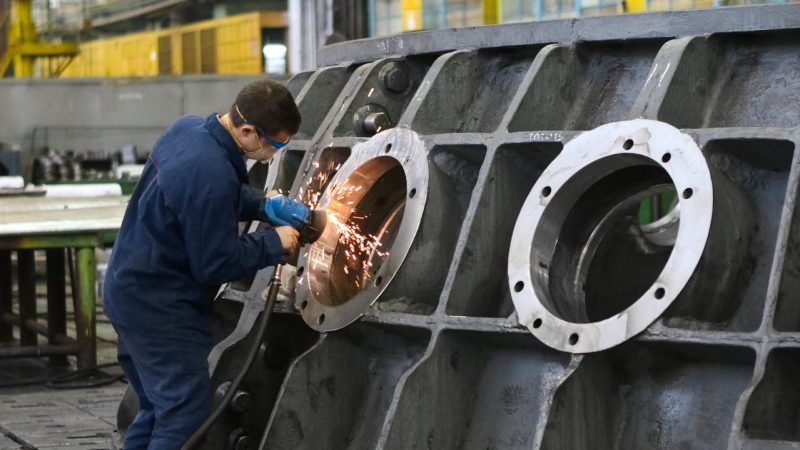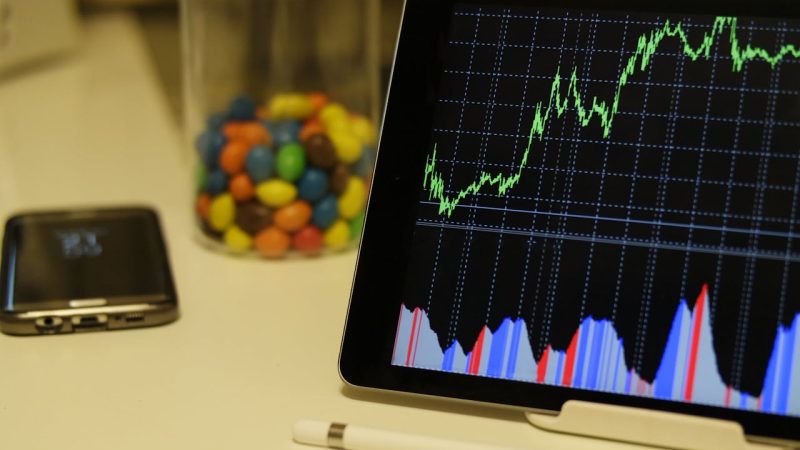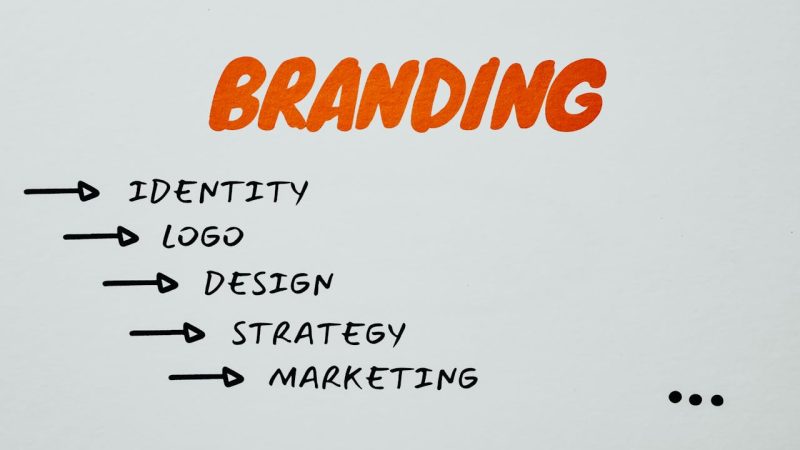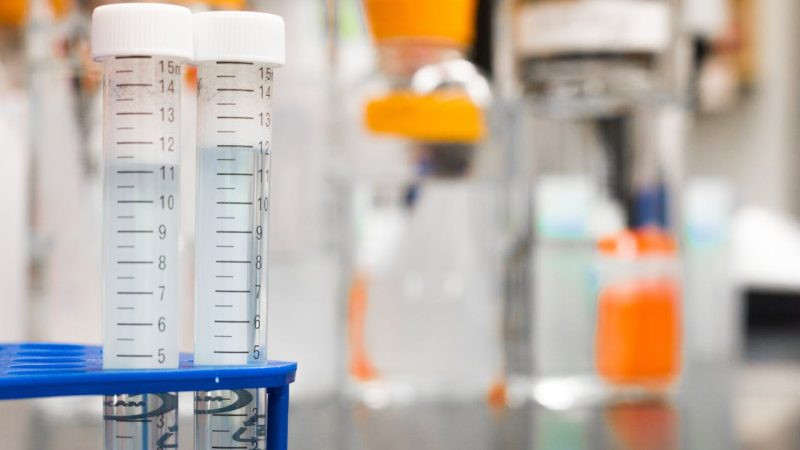4 Industry Uses of Radio Frequency Identification Technology
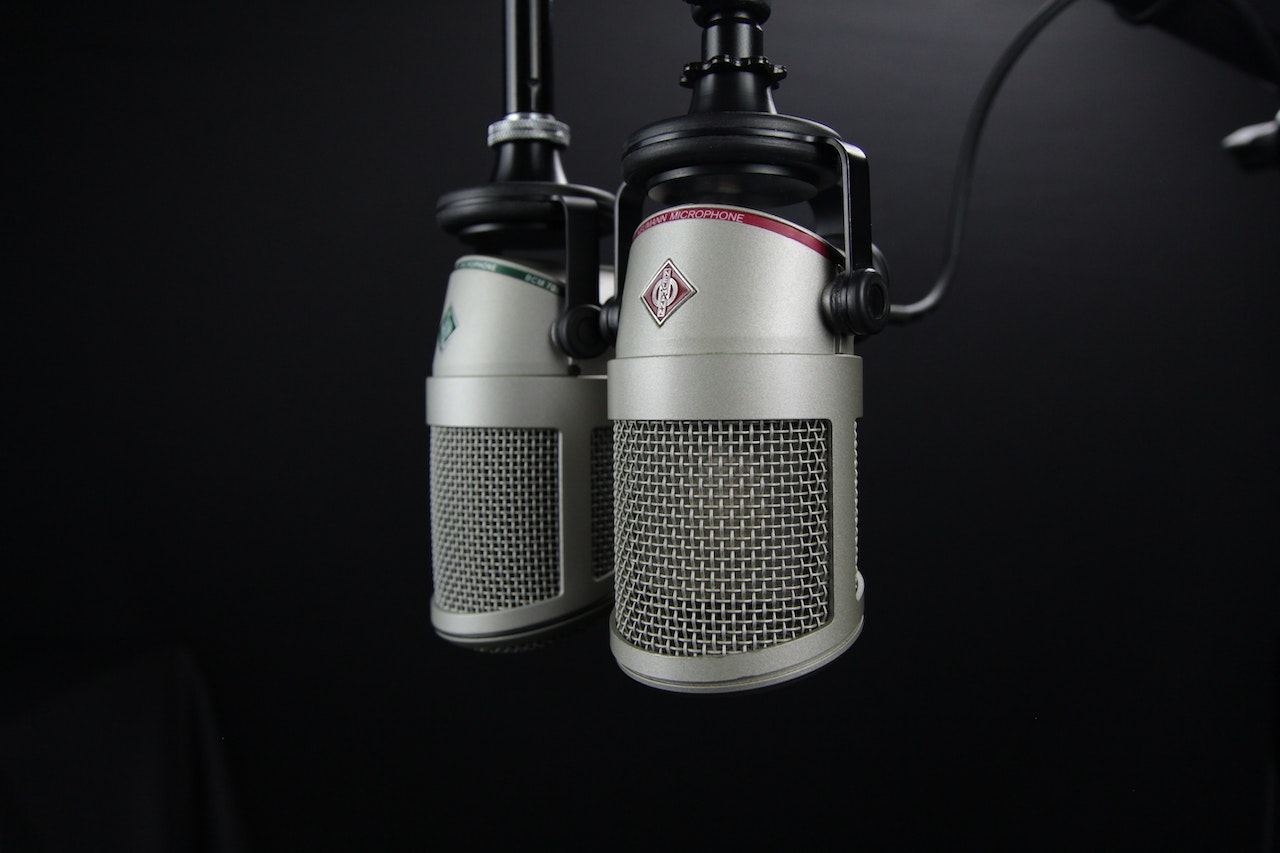
Radio Frequency Identification (RFID) technology uses radio waves to communicate information and thus can be used for numerous applications such as tracking, locating, and identifying an item or group of items. The technology has already been adopted in a variety of industries from retail to healthcare.
Here are four industry applications for RFID.
Supply Chain Management
Supply chain management is the process of coordinating the flow of goods and services from production to consumption. It includes collaborations between suppliers, manufacturers, retailers, and distributors to ensure that customers receive their orders on time and with the highest quality possible.
The use of RFID technology in supply chain management is increasingly popular due to its ability to collect and manage real-time data. By utilizing RFID tags, companies are able to easily locate items within the supply chain, track progress between warehouses or stores, reduce shrinkage, and provide customers with up-to-date information about their orders. Some companies even use RFID tags to monitor the temperature of their products during shipping and storage, ensuring that food items remain safe and at optimal temperatures until they reach their destination.
Asset Tracking
Asset tracking is the process of tracking physical assets in real time. This includes items such as vehicles, tools, equipment, and other materials used in a business. It is often an attempt to prevent theft, misplacement of assets, or unauthorized use of resources by employees.
RFID tags are commonly used for asset tracking due to their ability to store and communicate large amounts of data. These tags can be attached to items and scanned to track them in real time. In addition, the use of RFID technology also allows companies to monitor the condition of their items, such as temperature or other environmental factors, which can be useful in preventing damage or losses.
Retail Point-of-Sale (POS) Systems
A point-of-sale (POS) system is a type of software used by retail stores to process transactions and track sales. It is typically used at the point of purchase where customers make their payments, but can also be used to manage inventory and customer loyalty programs.
When integrated, RFID tags can reduce checkout time, increase accuracy in inventory tracking, and give customers more detailed information about products. Plus, RFID tags are able to store large amounts of data which can be used for tracking customer purchase history and creating personalized offers.
Livestock Management
Livestock management is the practice of raising and caring for animals such as cattle, sheep, pigs, horses, and other farm animals. This includes providing food and water, housing, medical care, breeding programs, predator control methods, and more. Additionally, managing livestock could entail setting up physical premises such as sheds, yards, and fencing to keep them contained in a particular area. These areas might need flexible gates connected through gate mounting brackets Canada (or elsewhere) to easily adjust and open the access for caretakers to move in and out. Farmlands also have other advanced technology and equipment to feed, care for, and track animals that might require free space to roam.
One example of tech used for livestock management can be RFID tags, which are used to monitor the location and movements of animals, as well as give farmers more detailed information about their herds. For example, animal health and welfare can be improved by using RFID technology to track vaccinations and other treatments. Plus, RFID tags help reduce costs associated with managing large numbers of animals since they allow for quicker and easier record-keeping.
RFID technology is an increasingly important part of many industries such as supply chain management, asset tracking, retail POS systems, and livestock management. This technology has the potential to revolutionize how companies and organizations operate by providing them with a more efficient and accurate way of tracking and managing their resources.


